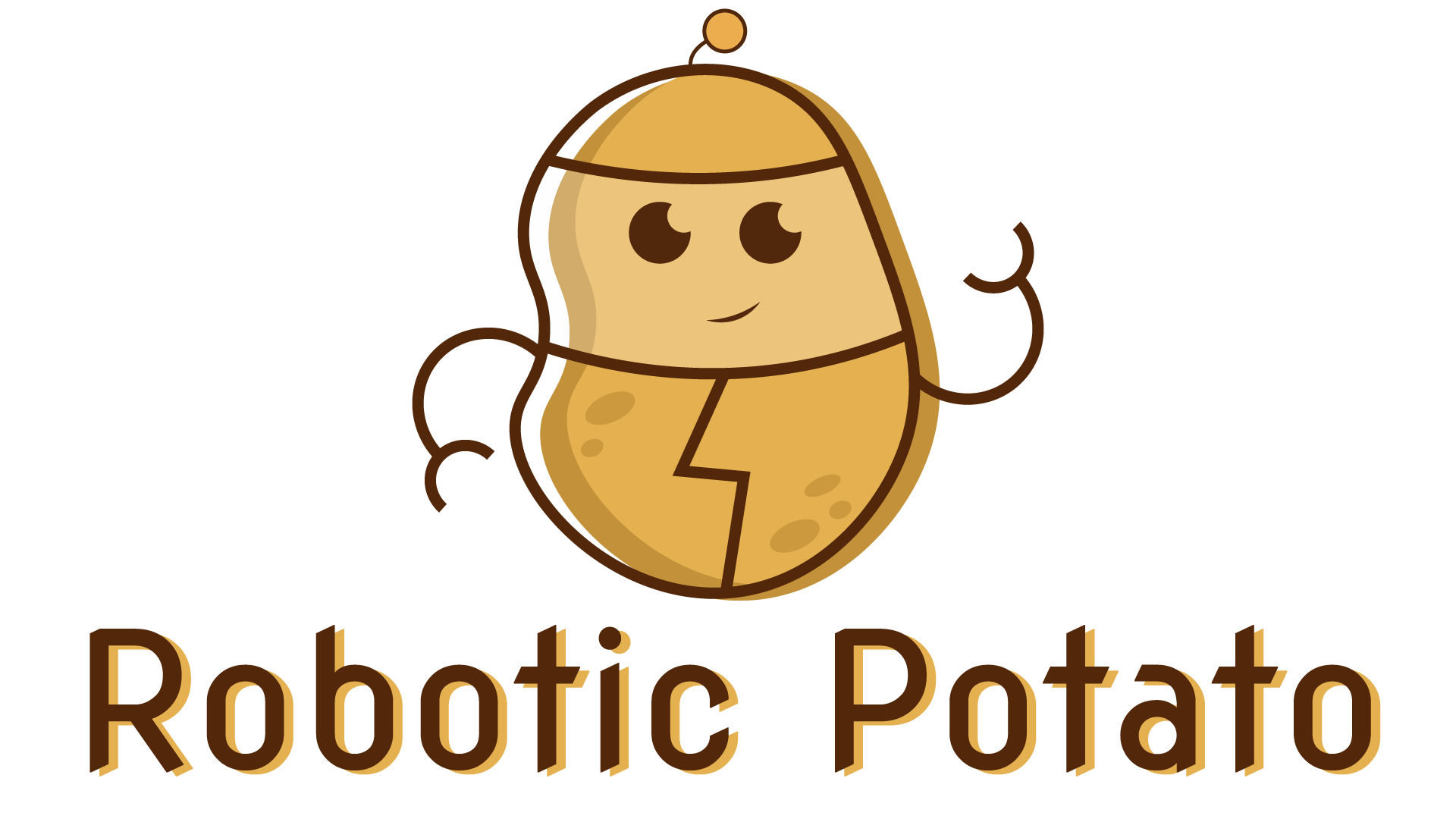As businesses continue to navigate the ever-evolving digital landscape, one thing remains clear: the importance of leveraging cutting-edge technology to drive growth and stay ahead of the competition. Among the many innovative solutions emerging, advanced chatbot tools stand out as a game-changer for businesses looking to optimize their operations, enhance customer experiences, and ultimately boost their online presence. By harnessing the power of artificial intelligence, chatbots can automate routine tasks, provide personalized support, and even help drive sales – making them an indispensable asset for any forward-thinking organization.

Choosing the Best Chatbot for Business
As a small business owner, selecting the ideal chatbot can significantly impact customer satisfaction, sales, and overall growth.
- Key Considerations:
- Integration with existing systems and platforms
- User interface and user experience
- Customization options and flexibility
- Data security and compliance
- Scalability and reliability
- Top Chatbots for Business:
- Dialogflow – A leading platform for building conversational interfaces, offering robust customization options and seamless integration with various services.
- Facebook Messenger Platform – A popular choice for businesses looking to engage customers through messaging, with features like automated conversations and customer support.
- Tars – An innovative chatbot solution that utilizes AI to deliver personalized experiences, automate tasks, and drive conversions.
- Conversica – A cloud-based chatbot platform that automates lead qualification, appointment setting, and customer engagement, helping businesses streamline their sales process.
- Intercom – A customer communication platform that offers chatbots, email marketing, and automation tools to help businesses build stronger relationships with their audience.
- IBM Watson Assistant – A powerful AI-powered chatbot platform that enables businesses to create customized conversational interfaces.
- Amazon Lex – A service for building conversational interfaces, allowing businesses to create chatbots that understand and respond to customer inquiries.
- Microsoft Power Chat – A chatbot platform that integrates with Microsoft Dynamics 365, enabling businesses to automate customer interactions and improve sales processes.
When choosing the best chatbot for your business, consider factors like integration, user experience, customization, data security, scalability, and reliability. By evaluating these key considerations and exploring the top chatbot options listed above, you’ll be well-equipped to select the perfect solution for your organization’s unique needs.
Types of Chatbots
We’ll explore the four primary categories of chatbots, which are designed to cater to various needs and purposes.
-
Rule-Based Chatbots
These chatbots operate based on predefined rules and decision trees, allowing them to respond to user queries in a predetermined manner.
- They rely heavily on pre-programmed scripts and don’t require extensive training data.
- Examples of rule-based chatbots include customer support bots and simple virtual assistants.
-
Machine Learning (ML) Chatbots
ML chatbots utilize machine learning algorithms to analyze user interactions and adapt their responses accordingly.
- They can learn from user behavior and preferences, enabling them to provide more personalized experiences.
- Examples of ML chatbots include language translation services and sentiment analysis tools.
-
Cognitive Chatbots
Cognitive chatbots employ cognitive computing techniques, such as natural language processing (NLP), to understand and respond to user queries.
- They can comprehend complex user requests and provide more human-like responses.
- Examples of cognitive chatbots include virtual personal assistants and conversational interfaces.
-
Hybrid Chatbots
Hybrid chatbots combine elements of rule-based, ML, and cognitive chatbots to offer a more comprehensive and adaptive experience.
- They can leverage the strengths of each category to provide more accurate and helpful responses.
- Examples of hybrid chatbots include customer service platforms and enterprise-level chatbots.
Each type of chatbot has its unique characteristics, advantages, and use cases, making them suitable for various applications and industries.

How Can I Use a Chatbot for My Business?
To effectively utilize a chatbot for your business, consider the following strategies:
-
Customer Support
A chatbot can assist customers with basic inquiries, freeing up human support agents to handle more complex issues.
- Implement a chatbot on your website or mobile app to provide instant support to customers.
- Utilize natural language processing (NLP) to enable the chatbot to understand customer queries and respond accordingly.
-
Lead Generation
A chatbot can engage potential customers, qualify leads, and route them to sales teams for further assistance.
- Design a chatbot to ask qualifying questions and determine whether a lead is ready to purchase.
- Route qualified leads to sales teams for follow-up conversations.
-
Marketing Automation
A chatbot can automate routine marketing tasks, such as sending personalized messages and offers to customers.
- Create a chatbot to send targeted promotions and discounts to customers based on their preferences and behavior.
- Utilize NLP to analyze customer interactions and adjust marketing campaigns accordingly.
-
Data Collection
A chatbot can collect valuable customer data, helping businesses gain insights into customer behavior and preferences.
- Implement a chatbot to gather customer feedback and sentiment analysis.
- Analyze collected data to identify trends and opportunities for improvement.
When selecting a chatbot platform, consider factors such as ease of integration, customization options, and scalability.
Integrate your chatbot with existing systems, such as CRM software and marketing automation platforms, to maximize its effectiveness.
Monitor and evaluate the performance of your chatbot regularly to ensure it meets your business goals and objectives.

What Are Chatbot Tools?
Chatbot tools are conversational interfaces that utilize artificial intelligence (AI) and machine learning (ML) to simulate human-like conversations with users.
-
Types of Chatbot Tools:
- NLP-based chatbots
- RULE-based chatbots
- Hybrid chatbots
-
Key Features of Chatbot Tools:
- Intent recognition
- Contextual understanding
- Personalization
- Integration with various platforms
-
Benefits of Using Chatbot Tools:
- Improved customer experience
- Increased efficiency
- 24/7 availability
- Cost savings
- Data collection and analysis
-
Popular Chatbot Platforms:
-
Best Practices for Implementing Chatbot Tools:
- Define clear goals and objectives
- Choose the right platform and technology
- Design intuitive and user-friendly interfaces
- Test and iterate regularly
- Monitor and analyze performance metrics
-
Common Use Cases for Chatbot Tools:
- Customer service and support
- Sales and marketing automation
- Booking and reservation systems
- Healthcare and wellness services
- Education and training programs
- Dialogflow: A popular choice among developers, Dialogflow offers advanced features like intent-based conversations and integration with various platforms.
- ManyChat: Known for its ease of use and extensive template library, ManyChat is ideal for marketers and small businesses looking to automate customer support.
- Microsoft Bot Framework: A robust platform that supports building conversational interfaces for web, mobile, and messaging platforms.
- Rasa: An open-source conversational AI platform that enables developers to build contextual chatbots with ease.
The Best Chatbot Platform
We’ve reviewed numerous chatbot platforms, and our team has identified several top contenders.
When choosing the best chatbot platform, consider factors like scalability, customization options, and integrations with your existing systems.
- Scalability: Choose a platform that can handle high volumes of conversations and scale with your business needs.
- Customization: Select a platform that allows you to tailor the chatbot’s behavior, tone, and language to fit your brand’s personality.
- Integrations: Opt for a platform that seamlessly integrates with your CRM, marketing automation tools, and other essential systems.
By considering these factors and evaluating the strengths of each platform, you’ll be well on your way to selecting the perfect chatbot solution for your business.
Key Features to Look for in a Chatbot Platform
- Natural Language Processing (NLP): Ensure the platform uses advanced NLP capabilities to understand user intent and respond accordingly.
- Intent-Based Conversations: Choose a platform that enables you to define intents and create custom conversation flows.
- Integration with Messaging Platforms: Select a platform that allows seamless integration with popular messaging apps like Facebook Messenger, WhatsApp, and Slack.
- Analytics and Reporting: Opt for a platform that provides detailed analytics and reporting to help you measure chatbot performance and optimize its behavior.
Conclusion
In conclusion, the best chatbot platform depends on your specific business needs and goals. By considering factors like scalability, customization options, and integrations, you’ll be able to select the perfect solution for your organization.

Is There a Better AI Than ChatGPT?
The world of AI continues to evolve rapidly, with new players entering the scene and existing ones pushing boundaries.
- Copilot, developed by Microsoft, is often considered a strong contender in the AI chatbot space.
- Anthropic’s Claude, launched in February 2023, has garnered significant attention for its capabilities.
Robotic Potato’s Take on AI Alternatives
We’ve reviewed various AI-powered tools and platforms, including those from Microsoft, Anthropic, and others.
- Microsoft Copilot: A robust AI chatbot with features comparable to ChatGPT, available for free with ease of access through the Copilot website, app, and Bing integration.
- Anthropic’s Claude: An AI assistant that showcases impressive capabilities, although still relatively new to the market.
Other Notable Players
In addition to Copilot and Claude, several other AI chatbots have gained recognition for their innovative approaches and features.
- Llama: Meta’s large language model, known for its conversational abilities and knowledge base.
- Google Bard: A conversational AI developed by Google, emphasizing creativity and imagination.
Evaluating the Competition
When comparing these AI chatbots, consider factors such as functionality, accessibility, and overall user experience.
While ChatGPT remains a popular choice, alternatives like Copilot and Claude offer unique strengths and weaknesses worth exploring.
Conclusion
The AI landscape is constantly shifting, with new entrants and innovations emerging regularly.
As we continue to evaluate and compare these AI chatbots, it’s essential to stay informed about the latest developments and advancements in the field.

0 Comments